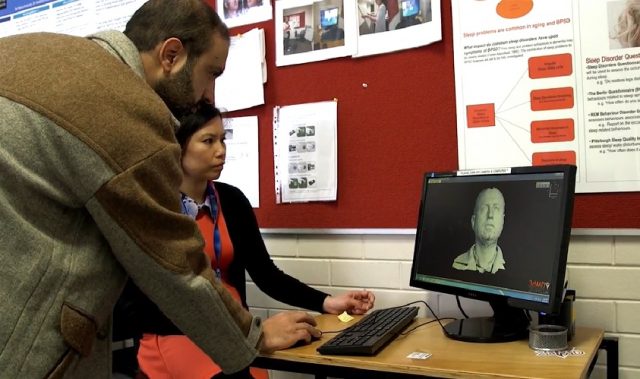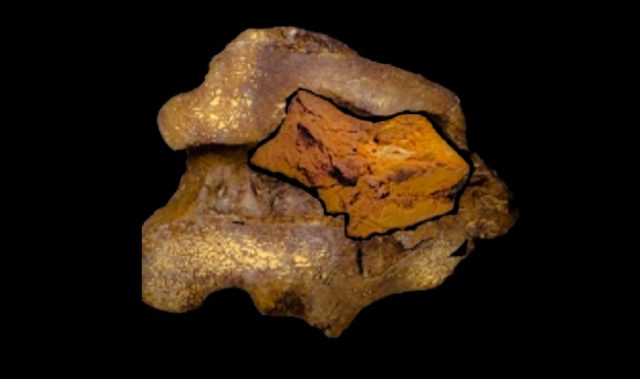
AsianScientist (Feb. 24, 2012) – Permanent disconnection between nerves and muscles may be the reason behind progressive loss of muscle mass and function in elderly people, say Perth-based researchers.
In a new report published in the journal PLoS One, researchers at the University of Western Australia discovered that mice aged 29 months (roughly equivalent to 80-year-old humans) showed an alarming absence of healthy connections between nerves and muscles at the contact points for nerve stimulation on muscles.
A loss of connections at these contact points was linked to a lack of cross-talk between nerves and muscles; Muscle activity decreased, leading to loss of function.
“If your nerves are letting go of muscles, then that is a one-way trip to loss of muscle function,” the researchers explained
Compromised muscle function and loss of muscle mass in older age is known as sarcopenia, an increasing health problem with an expanding aged population.
“It is not a disease but part of life,” said Associate Professor Tea Shavlakadze and Professor Miranda Grounds from the School of Anatomy, Physiology and Human Biology at The University of Western Australia. “Everyone over 60 is affected by this progressive ageing condition to some degree.”
Further studies are currently underway to understand why nerves let go of muscles in older age, and to develop therapeutic approaches to combat sarcopenia.
Aside from finding medical interventions to help with the aging process, the scientists say their observations also strengthen the argument for regular exercise to slow down muscle wasting.
The article can be found at: Chai RJ et al. (2012) Striking Denervation of Neuromuscular Junctions without Lumbar Motoneuron Loss in Geriatric Mouse Muscle.
——
Source: University of Western Australia; Photo: rsc.org.
Disclaimer: This article does not necessarily reflect the views of AsianScientist or its staff.












